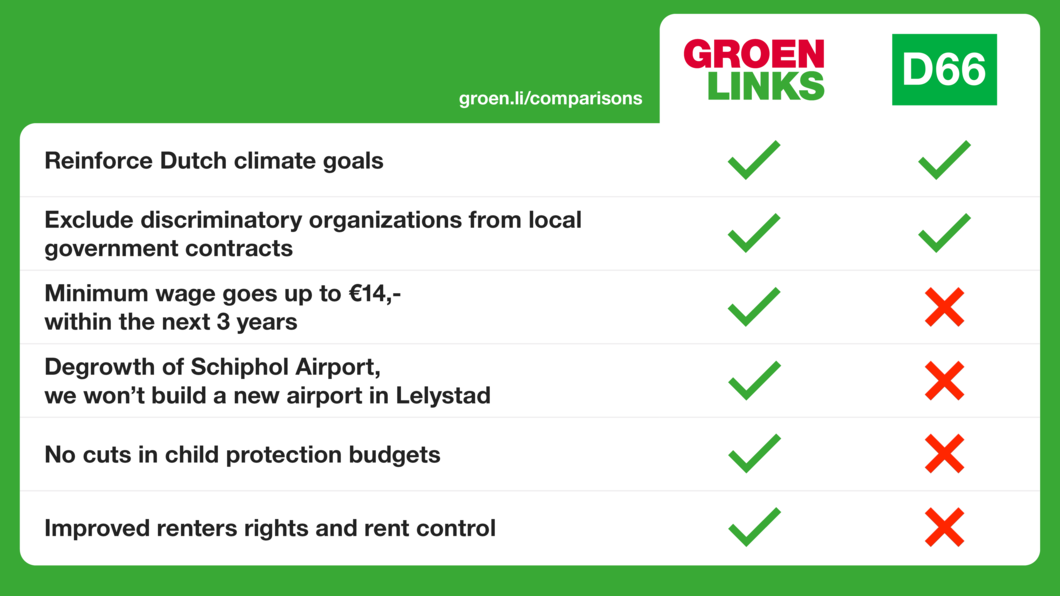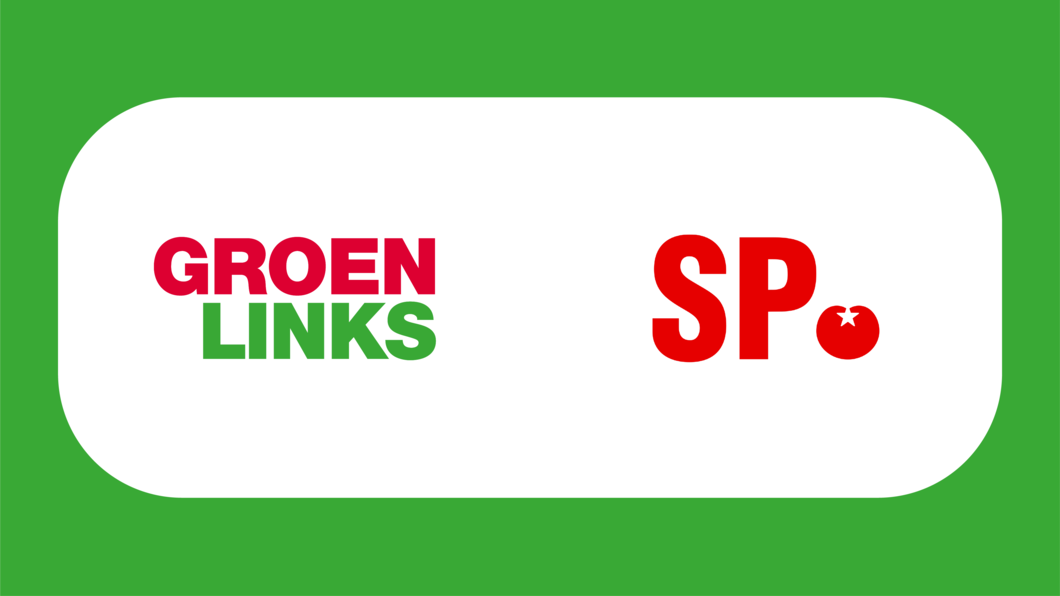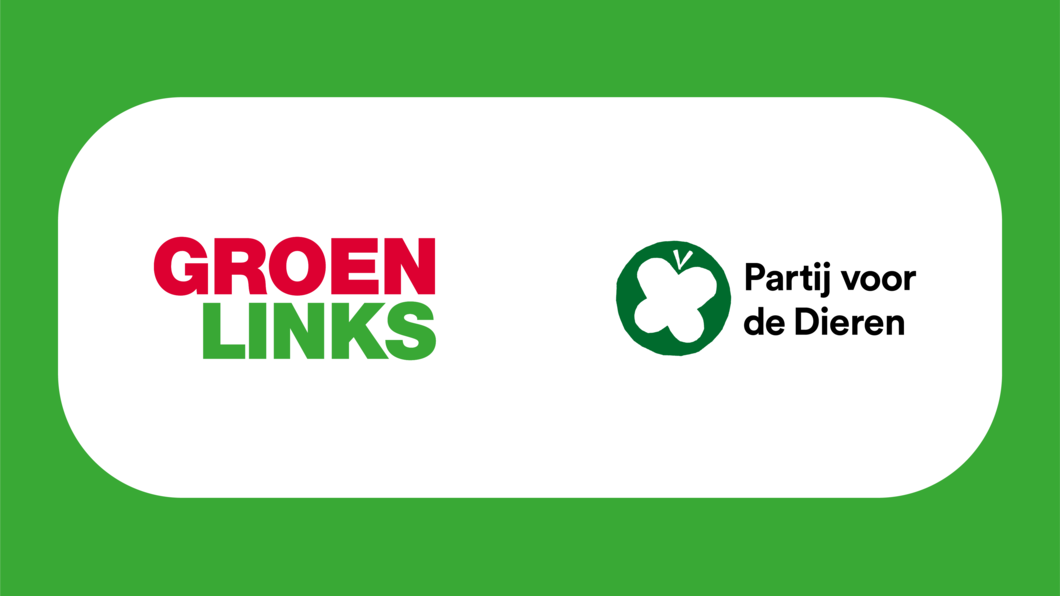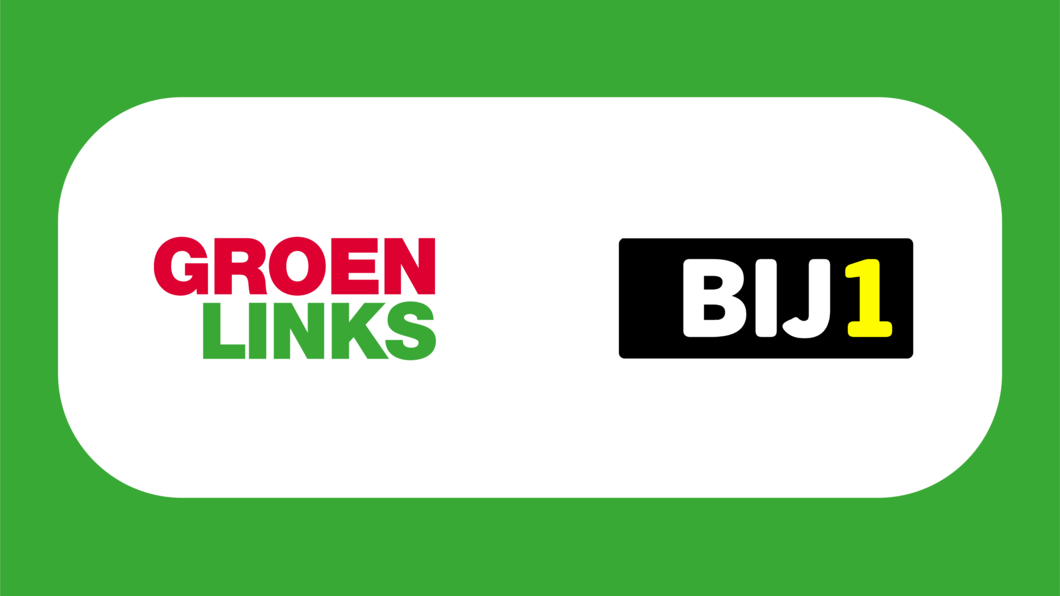GroenLinks and D66 share the ambition to tackle the largest and most urgent crisis of our time: the climate crisis. But we’re progressive allies in other areas too. We stand for an emancipated economy in which all genders can participate equally. We want to make daycare a free service and we worked together to expand the right of abortion. Both parties also don’t want to work together with discriminatory organizations on a municipal level.
A fair economy
GroenLinks and D66 differ in the way we want to distribute wealth. GroenLinks stands for a fair economy in which money doesn’t only end up in the hands of the fortunate. An economy in which everyone can participate. D66 often puts their focus on the upper middle-class.
We also have different opinions on the influence of large companies. GroenLinks wants to limit that power and give employees more rights, but D66 often chooses to indulge those companies. D66 also supports the CETA trade treaty, which would allow large companies to sue countries if their government policy would change. GroenLinks is against this treaty because it makes companies too powerful, and it does too little to protect animal welfare and the environment.
Free-market approach
The main difference between GroenLinks and D66 is the way we tackle housing shortages. GroenLinks wants to build affordable social housing projects that will be available for a larger group of people. D66 wants a lesser amount of social housing projects in new construction projects. GroenLinks also wants a maximum rent to make housing affordable, whereas D66 wants a free market approach.
D66 also abides by this free-market approach when it comes to healthcare. GroenLinks wants to reduce the importance of profit in youth services and mental health care (GGZ), D66 does not.



